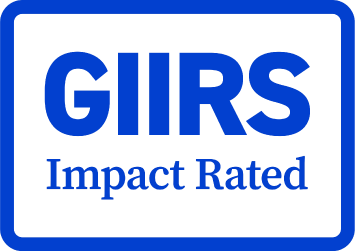Schedule your appointment today.

If you are seeking a path toward recovery, look to Sunrise Treatment Center. We are a substance abuse treatment program designed to help individuals address the underlying causes of their addiction and map a road to recovery. We’re grounded in the reality that it often doesn’t take just one time, and it could be the eighth or 20th time before a treatment sticks. This fundamental understanding gives us an unwavering optimism, and our organization is designed around our ability to always deliver on that optimism.
If you are seeking addiction treatment, look to Sunrise Treatment Center. Our compassionate team is well-equipped to provide safe, effective, evidence-based treatment to meet the needs of the majority of adults struggling with substance abuse disorder who may need mental health care and related services. Our individualized care approach enables patients to work with our providers to create specific, measurable goals and map a path to recovery.
At Sunrise, we offer services for different levels of care ranging from non-intensive outpatient care to our Intensive Outpatient Program (IOP) to our Partial Hospitalization Program (PHP). If you're unsure what program is right for you, we can help. Contact us today to learn more and get started.

